The PIM team is pleased to welcome Prof. Konstantinos Sarris, IEEE AP-S Distinguished Lecturer,
for a conference on “Scientific machine learning for electromagnetic field computations”
on December 10th at 2 pm
Location : IMT Atlantique, Brest campus
Room : BR-B02-007A (Small amphitheater)
Also available online :Direct Link (Meeting password CSh3FdemA43)
SCIENTIFIC MACHINE LEARNING FOR ELECTROMAGNETIC FIELD COMPUTATIONS
A recent report by the US Department of Energy defines the area of scientific machine learning as a core component of artificial intelligence (AI) and a computational technology that can be trained, with scientific data, to augment or automate human skills, which has the potential to transform science and energy research. In this presentation, we discuss the potential of scientific machine learning methods to problems in computational electromagnetics starting from standard electromagnetic structure analysis and multi-physics modeling in the time-domain, employing an unsupervised learning strategy based on Physics-Informed Neural Networks (PINN). PINNs directly integrate physical laws into their loss function, so that the training process does not rely on the generation of training ground truth data from simulations (as in typical neural networks). We benchmark the accuracy and efficiency of PINN-based numerical methods for Maxwell’s equations against the FDTD technique and interpret them as meshless, time-domain methods that are not subject to the Courant stability limit of standard finite differences.
Moreover, we demonstrate the impact of machine learning on the computational modeling of radiowave propagation scenarios. We build convolutional neural network models that can process the geometry of indoor environments, along with physics-inspired parameters, to rapidly estimate received signal strength (RSS) maps. Emphasis is placed on the generalizability of these models, which is their ability to learn the physics of radiowave propagation and produce accurate modeling predictions in new geometries well beyond those included in their training set.
Prof. Konstantinos (Costas) Sarris
Costas Sarris received the Diploma in electrical and computer engineering from the National Technical University of Athens, Athens, Greece, in 1997, and the M.Sc. degree in applied mathematics and the Ph.D. degree in electrical engineering from the University of Michigan, Ann Arbor, MI, USA, both in 2002.
He is a Professor with the Department of Electrical and Computer Engineering, University of Toronto, Toronto, ON, Canada. His research area is computational electromagnetics, with an emphasis on time-domain modeling, adaptive mesh refinement, enhanced stability, and higher order methods. He also works on physics-based wireless propagation models (with full-wave, asymptotic, and hybrid techniques), uncertainty quantification, and scientific machine learning.
Dr. Sarris was a recipient of the 2021 Premium Award for Best Paper in IET Microwaves, Antennas & Propagation, the IEEE MTT-S Outstanding Young Engineer Award in 2013 and an Early Researcher Award from the Ontario Government in 2007. He was the TPC Chair of the 2015 IEEE AP-S International Symposium on Antennas and Propagation and the CNC/USNC Joint Meeting, the 2019 and 2023 MTT-S Numerical Electromagnetics, Multiphysics and Optimization (NEMO) Conference, the TPC Vice-Chair of the 2012 IEEE MTT-S International Microwave Symposium, and the Chair of the MTT-S Technical Committee on Field Theory and Numerical Electromagnetics (2018–2020). Since 2019, he has been serving as the Editor-in-Chief of the IEEE JOURNAL ON MULTISCALE AND MULTIPHYSICS COMPUTATIONAL TECHNIQUES. He was a Guest Editor of the IEEE Microwave Magazine’s Special Issue on machine learning for microwave engineering (October 2021), and an Associate Editor of the IEEE TRANSACTIONS ON MICROWAVE THEORY AND TECHNIQUES (2009–2013) and the IEEE MICROWAVE AND WIRELESS COMPONENTS LETTERS (2007–2009).
Prof. Sarris has received multiple teaching awards for his work on undergraduate electromagnetic courses, including the University of Toronto Faculty of Applied Science and Engineering Teaching Award in 2021.
